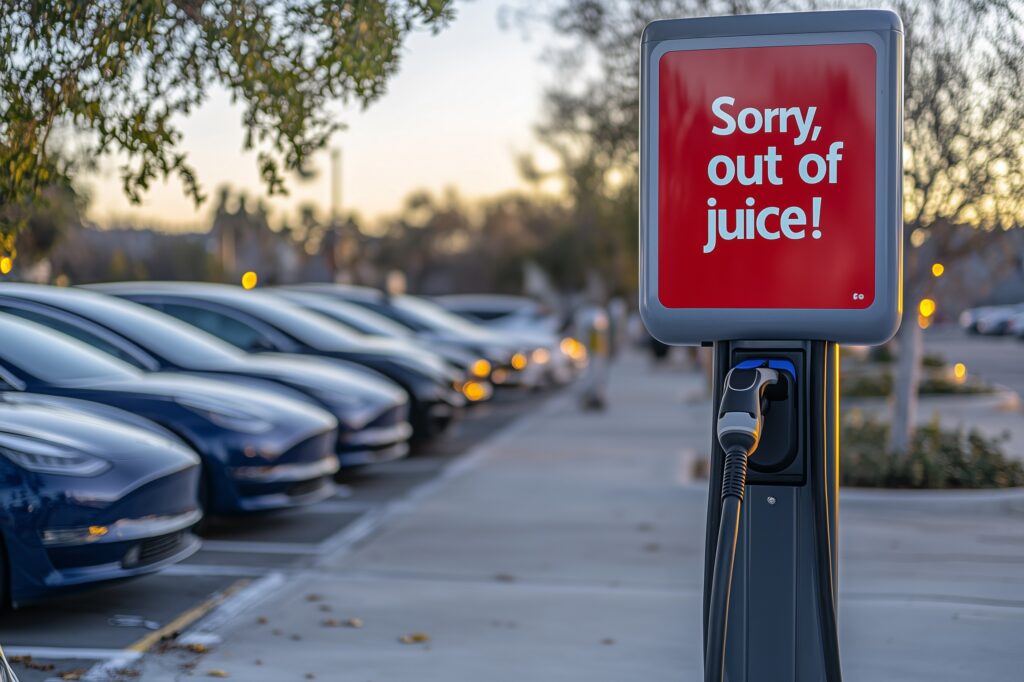Remembering a victim of the War on Drugs
President Barack Obama has wielded his executive authority to reduce the amount of military equipment flowing to local cops. His action comes in response to demonstrations of force by policy during the civil disturbances in Ferguson and Baltimore. Congressmen on the right and left also have been up in arms about this matter, albeit for different reasons.
The 1033 program, as it’s termed, sends $500,000 annually in Pentagon war gear to communities big and small. “We’ve seen,” the president told a Camden, N.J. crowd, “how militarized gear can sometimes give people the feeling like there’s an occupied force, as opposed to a force that is part of that community it is protecting and serving.” So, the flow of MRAP (mine-resistant ambush-protected) vehicles and the like will slow a bit.
The 1033 program started in 1997, when Congress included the provision in a defense-funding bill. The crime rate already was falling by then. Today, violent crime is 40 percent less common than it was 20 years ago. Nonetheless, the Defense Department gear kept flowing in larger and larger amounts. Over time, some 460,000 military weapons, night-vision goggles and more have been transferred to local law enforcement. The Internet is replete with selfies of local cops decked out in fatigues with semi-automatic rifles in front of armored vehicles. The difference between police officer and soldier has blurred.
Why on earth would Congress give military equipment to local police? The nation long has had a Federal Bureau of Investigation, which is plenty able to handle armed-to-the-teeth criminal syndicates. Many cities have SWAT teams, which can respond to emergency situations like hostage-holding.
The notion propelling the 1033 program, as Newsweek explained, was “if the U.S. wanted its police to act like drug warriors, it should equip them like warriors.” Drugs, Mayor Rudy Giuliani later explained to Congress, are not merely a local problem. They are “the most important domestic and maybe international problem we face.” Thus, the argument goes, the federal government must lead the fight. Giuliani himself had been at war with dope since serving as a federal prosecutor in the 1970s.
Patrick Dorismond was a father of two young children. He was born in Haiti in 1974 and lived in Brooklyn. Dorismond worked as a security guard for the 34th Street Partnership, which was founded to help clean up then-sleazy Times Square. After his late shift, the 26-year-old liked to have a beer before heading home to bed. On March 16, 2000, while waiting for a cab outside the Distinguished Wakamba Cocktail Lounge near Times Square, Dorismond was approached at about 12:30 a.m. by a few men who asked where they could buy dope. Dorismond was offended, and loudly protested that he was not a dealer. Words were exchanged, and Dorismond soon lay dead on the filthy Eighth Ave. sidewalk, shot by an undercover police officer. He was the third unarmed person shot by undercover police in a 13-month stretch.
Mayor Giuliani, who was seeking a U.S. Senate seat, immediately defended the plainclothes cops, who were on an aggressive drug buy-and-bust mission that night. The mayor released Dorismond’s sealed juvenile record. Giuliani told the press Dorismond “was no altar boy” and insisted the public had “a right to know the background and record of a person in a criminal situation.”
In fact, Dorismond had attended Catholic school, the same one Giuliani had. His juvenile record showed only that Dorismond had once punched another kid in the nose in a dispute over a quarter. Dorismond had had some misdemeanors as an adult, but he had never been convicted of a crime. He was minding his own business and had no idea the guys hassling him were cops.
Thousands attended Dorismond’s funeral in Brooklyn, where fights with the police broke out. Giuliani quit his bid for the Senate later that year. The City of New York paid $2.25 million to Dorismond’s grieving family in 2003. None of the officers from the Gang Investigation Division’s narcotics unit were convicted of wrongdoing.
In the next few months, Congress will consider President Obama’s request for $27.6 billion to fight the drug war for another year. One hopes there will be some consideration of the nonmonetary costs.








